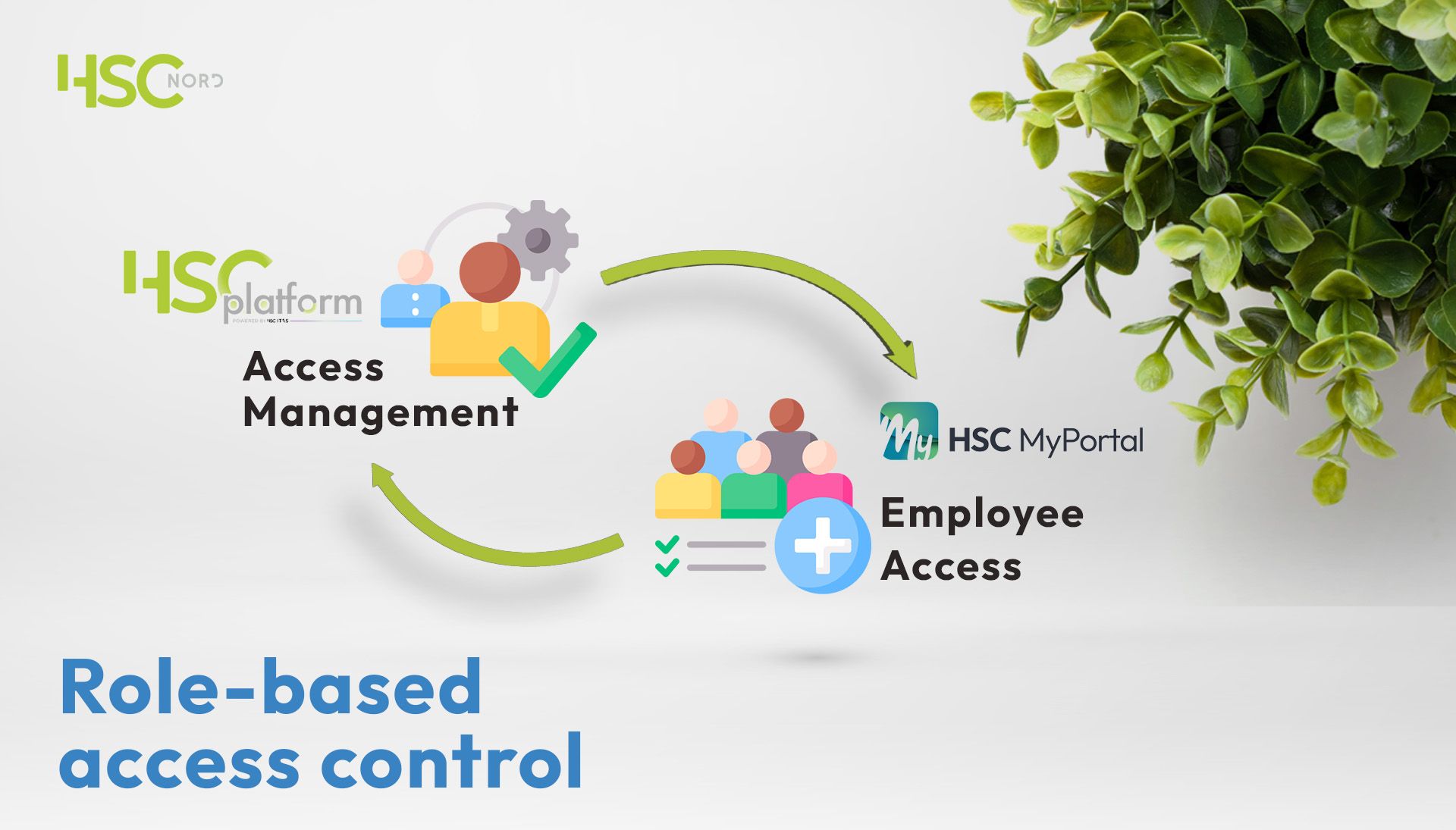
Life at sea is an incredible adventure, filled with opportunity, but it also presents
unique challenges. Before starting your maritime journey, one essential step is
securing your Medical Certificate of Fitness for Sea Service. More than just a legal
formality, it’s your assurance of safety, health, and readiness for the demanding
conditions at sea.
Seafaring can involve extreme weather, long shifts, and physically demanding work. A valid
medical certificate proves that you are fit for duty, giving peace of mind to both you and your
crew. In Germany, these certificates are regulated under the Maritime Labour Act (SeeArbG)
and the Maritime Medicine Ordinance (MariMedV), ensuring internationally recognized
standards.
Imagine being hundreds of miles offshore when a crew member suddenly develops chest
pains or severe vision problems. With limited access to medical facilities, even minor health
issues can quickly escalate into serious emergencies. Medical examinations reduce this risk
by ensuring that potential health problems are detected and addressed before setting sail.
During a routine medical examination at HSC Nord, an experienced engineer was found to
have early-stage diabetes. He had no noticeable symptoms and was unaware of his
condition. Early detection allowed him to start treatment immediately, preventing
complications that could have been life-threatening if discovered while at sea. After proper
management and a follow-up check, he was cleared to return to work safely.
This is not an isolated case. A cross-sectional study conducted among 629 Danish seafarers
found that 44.7% had hypertension, 60.9% were overweight or obese, and 3.3–9.3% had
diabetes. Another study examining 57,473 European sailors and 327 sailors from other
continents reported that 61.4% were smokers, 60.9% were overweight or obese, 30.1% had
hypertension, and 3.3–9.3% had diabetes. ResearchGate
These figures highlight the importance of thorough medical examinations for seafarers'
health and operational safety. Early detection and management of health conditions can prevent serious complications and ensure that seafarers are fit for duty, reducing the risk of
medical emergencies while at sea.
At HSC Nord, your examination is conducted by an authorized BG Verkehr maritime
physician, with specialized knowledge in seafarers’ health. The process typically includes:
If necessary, additional diagnostics such as ECGs, X-rays, or lab work may be performed.
Each exam is tailored to your role on board, whether nautical, technical, or service-related.
For adults, the medical certificate is valid for up to two years. For minors, it is valid for one
year. In special cases where ongoing health monitoring is required, certificates may be
issued for shorter periods.
At HSC Nord, the medical examination is free of charge for minors under 18 and for
employees of companies affiliated with BG Verkehr. For all other seafarers, costs are clearly
communicated in advance to ensure transparency and avoid surprises.
Statistics and real-world examples demonstrate that fitness at sea encompasses not only
personal health but also the safeguarding of the entire crew and the maintenance of smooth,
uninterrupted operations. Whether you are just beginning your maritime career or continuing
your service, the Medical Certificate of Fitness for Sea Service with HSC Nord is
essential. It not only fulfills a legal requirement but also ensures you are prepared for the
realities of life at sea. By completing this examination, you set sail with confidence—knowing
you are ready, protected, and fit for the challenges ahead.

 The Value of Partnering With a Versatile OHS Provider— Why a Multidisciplinary Approach Matters
The Value of Partnering With a Versatile OHS Provider— Why a Multidisciplinary Approach Matters
 Set Sail with Confidence – Your Guide to Seafarers’ Medical Examinations
Set Sail with Confidence – Your Guide to Seafarers’ Medical Examinations
 Having a safe workplace is a wise economic decision— Here's what you need to know.
Having a safe workplace is a wise economic decision— Here's what you need to know.
 Nord-EU AI Act
Nord-EU AI Act
 Empower Your Employees
Empower Your Employees
 Role-based Access Control
Role-based Access Control